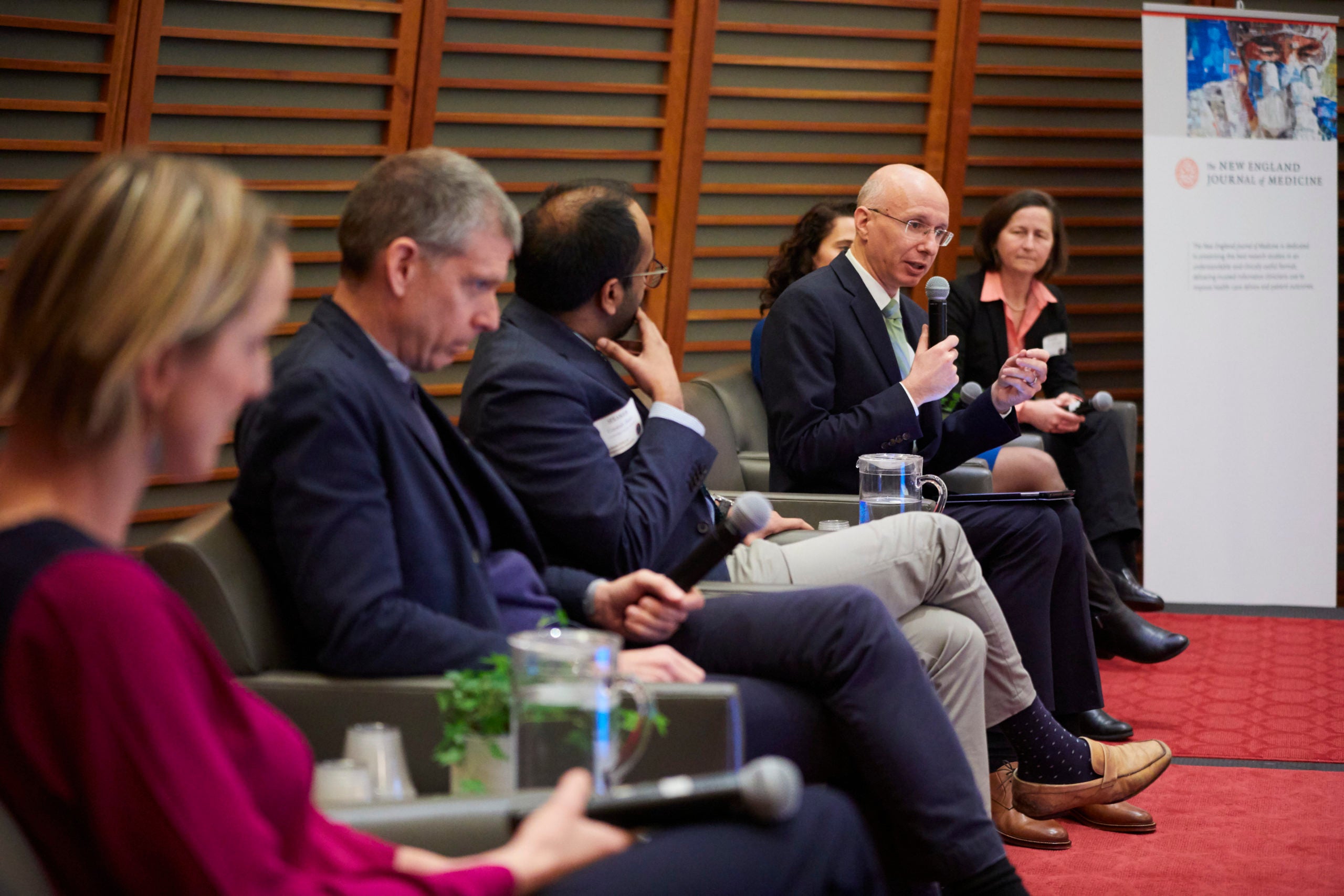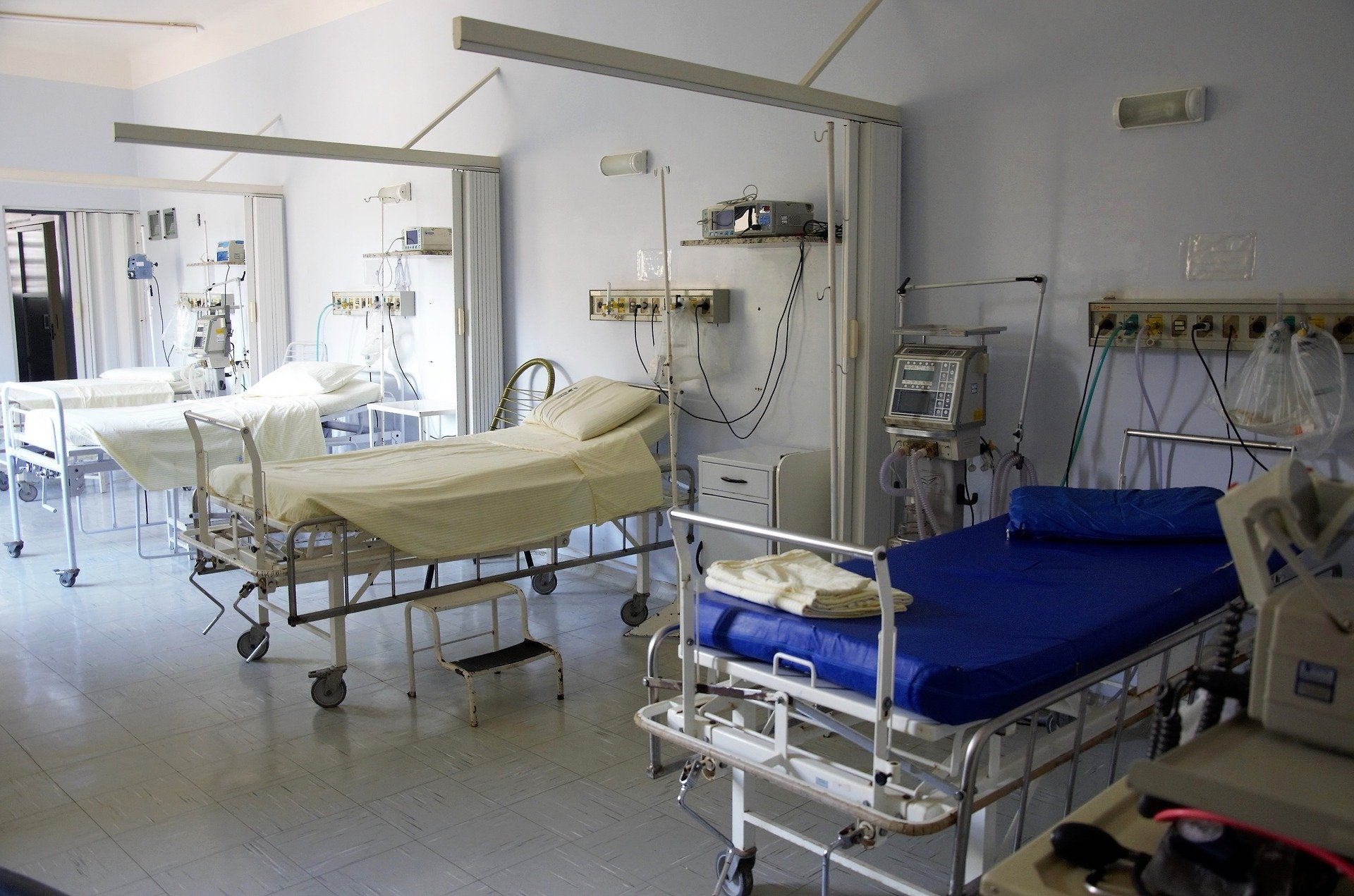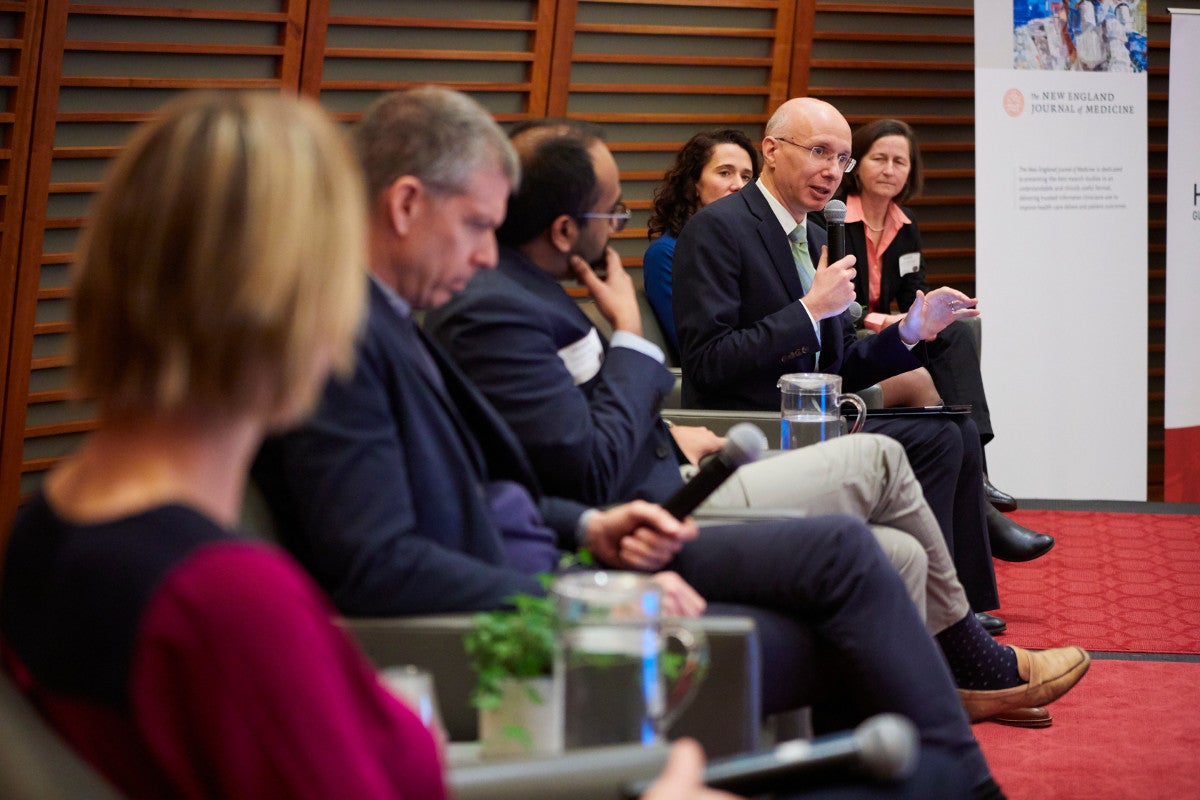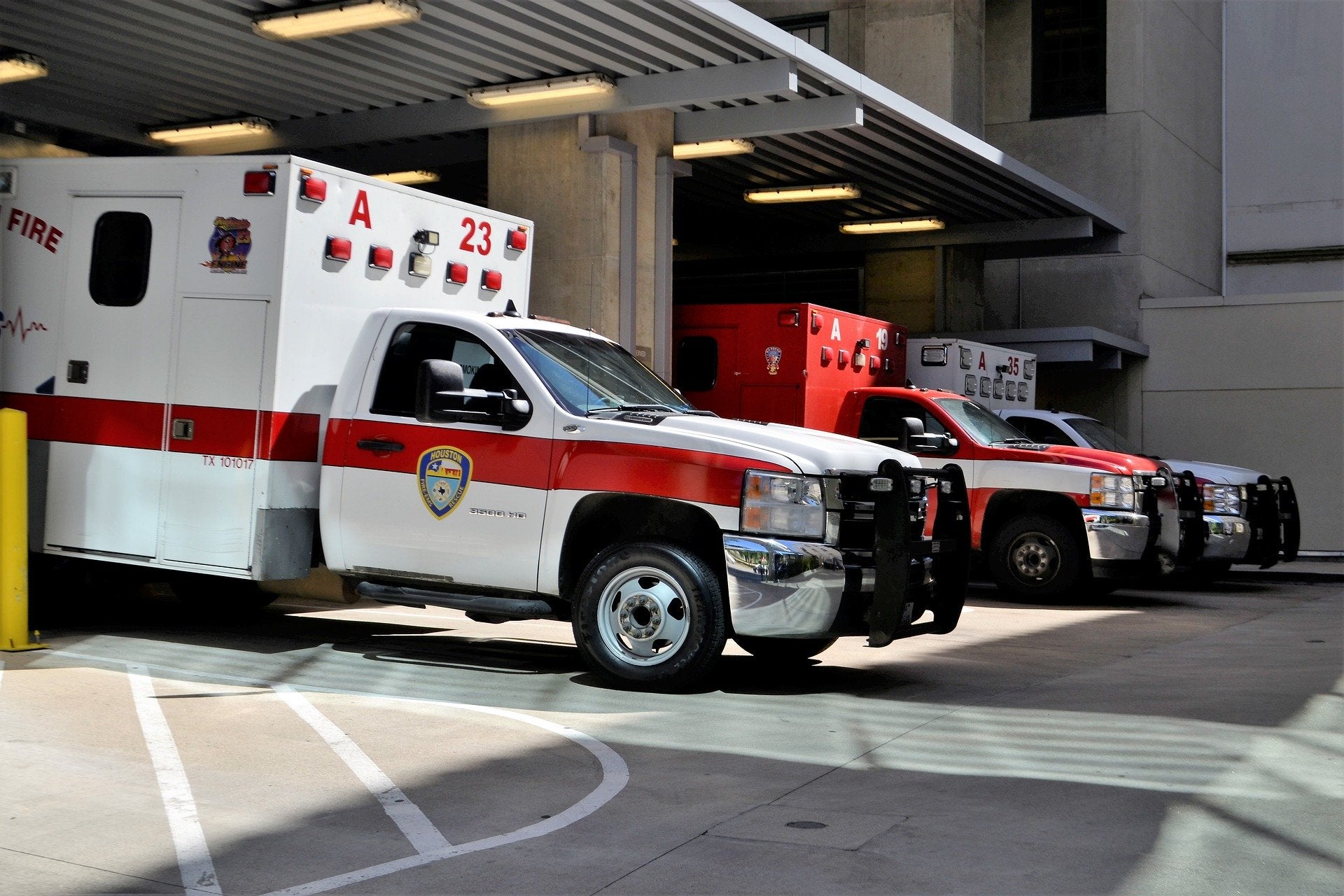- After achieving carbon neutrality in 2014, Biogen further bolsters its action against climate change with the goal to become fossil fuel free by 2040 and initiates research collaborations with global leaders to help address the effects of fossil fuel-driven air pollution on health.
- Air pollution, largely caused by fossil fuels, directly impacts climate change and contributes to nearly 9 million deaths annually with the most vulnerable suffering the greatest.
- Foundational collaborations with MIT, the Harvard T.H. Chan School and World Business Council for Sustainable Development to create actionable strategies to identify necessary and achievable climate targets that improve human health outcomes, advance brain health research and support underserved communities.
As part of this initiative, Harvard Chan C-CHANGE will help under-resourced healthcare clinics become more climate resilient and improve patient health.
“Climate change has a direct impact on health today, and people of color and low-income communities are being hit first and worst by this crisis,” said Dr. Aaron Bernstein, Interim Director of Harvard Chan C-CHANGE. “The climate crisis is an urgent public health issue and one that healthcare systems, particularly community health centers, are unprepared to address, whether in terms of infrastructure, operations or standards of care. Biogen is stepping up to support a first-of-its-kind program to address this gap, with a goal of improving health and care delivery in marginalized communities.”




















